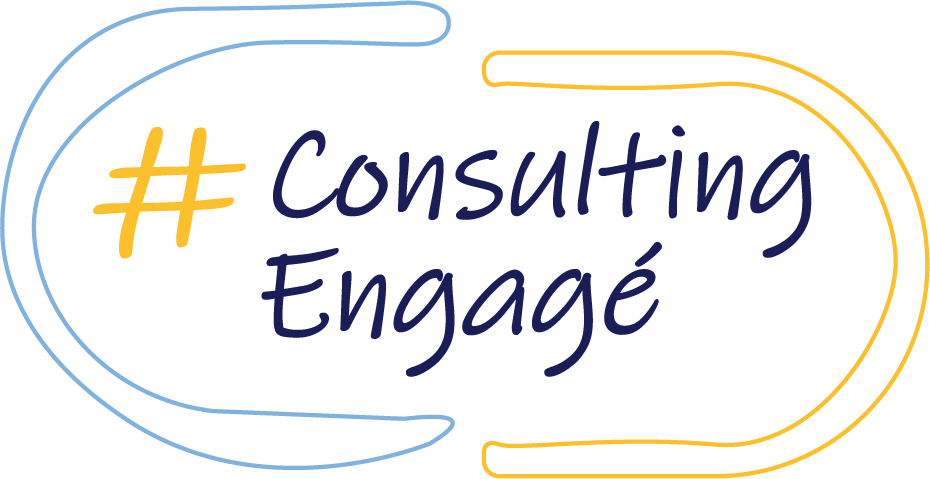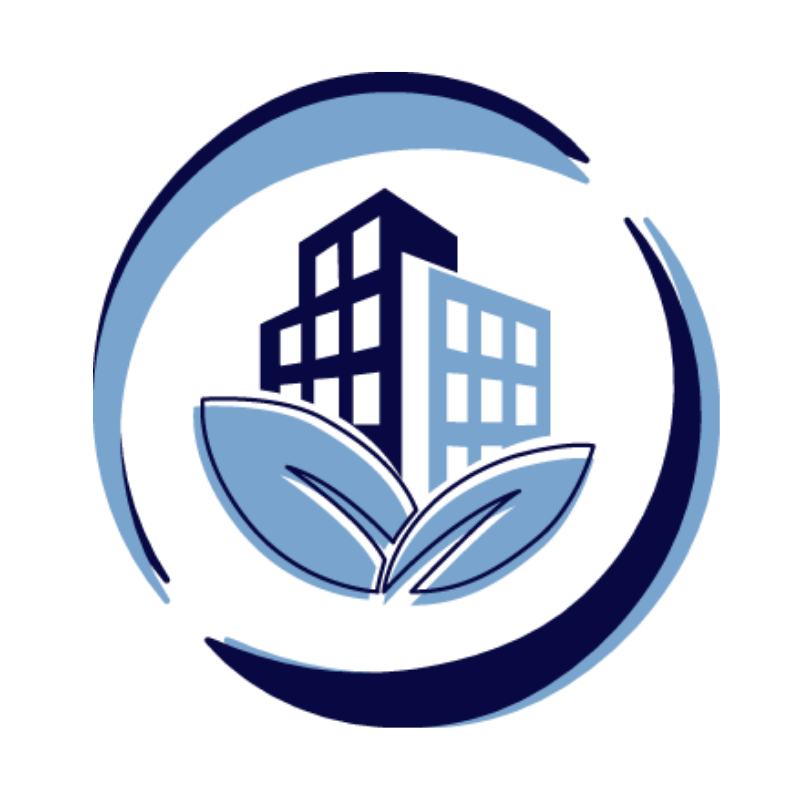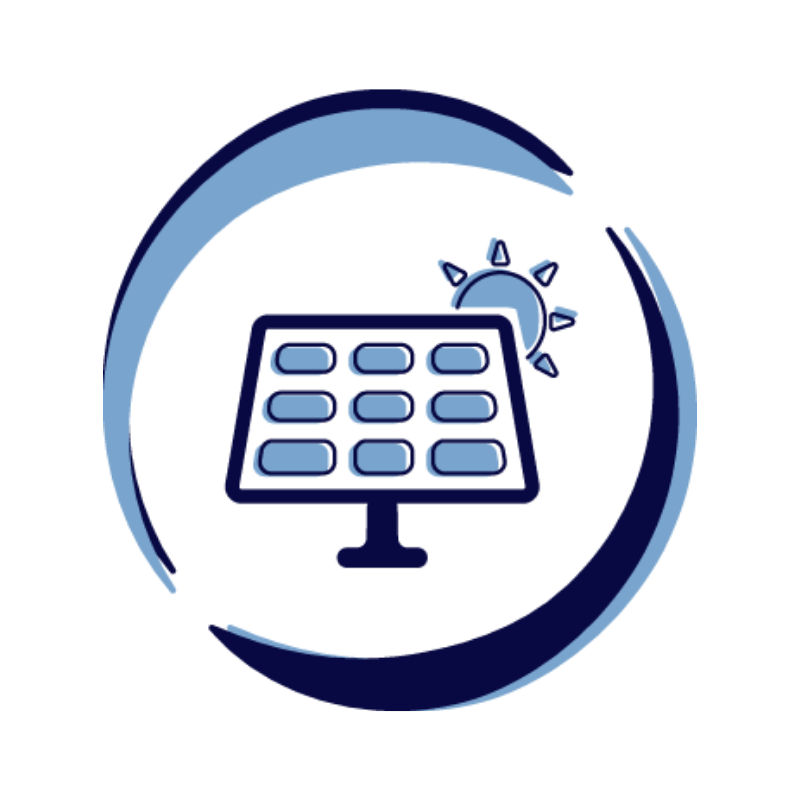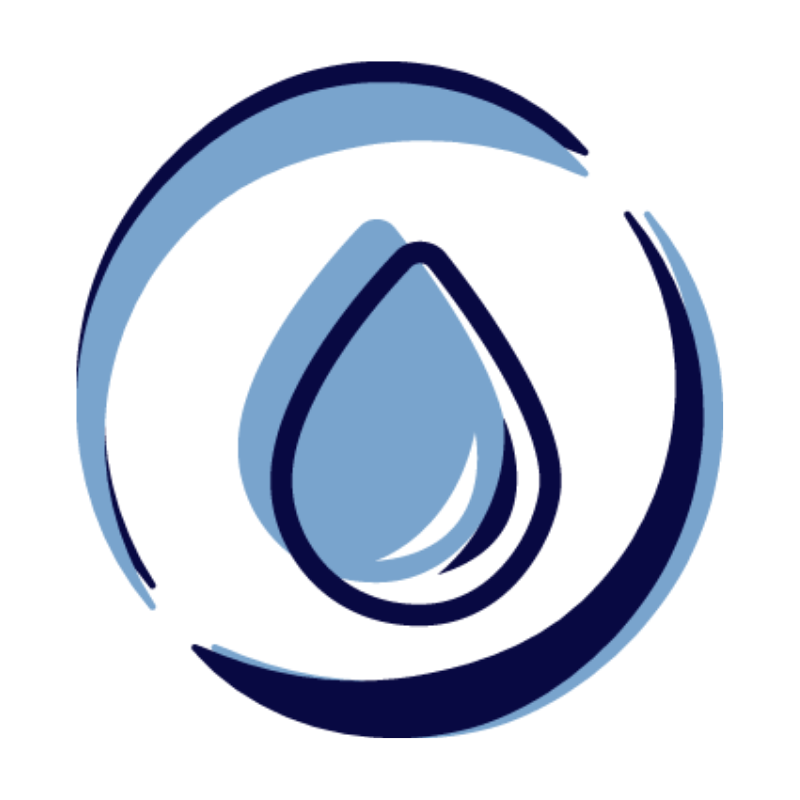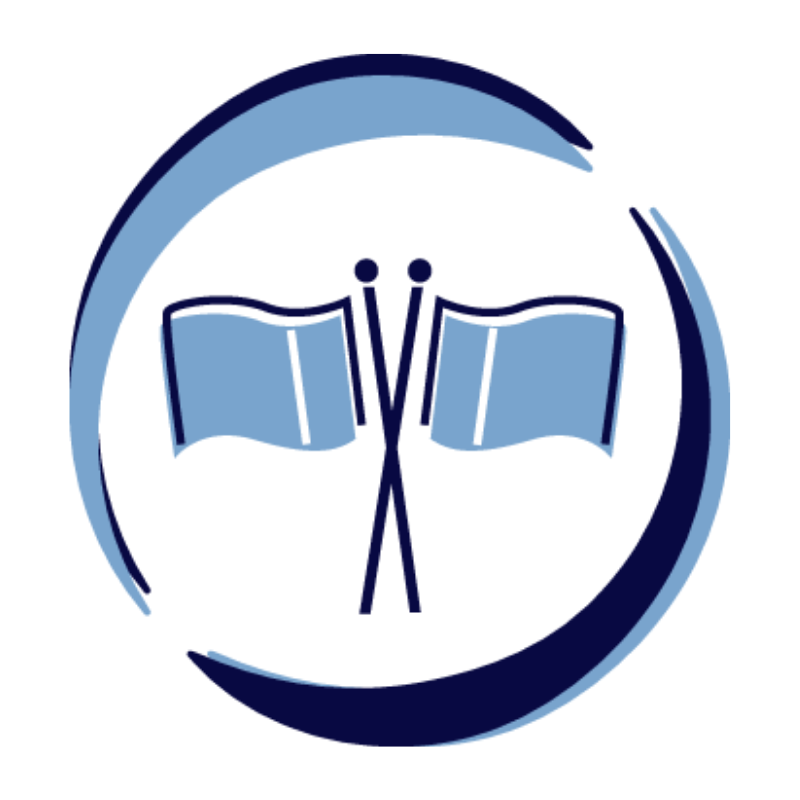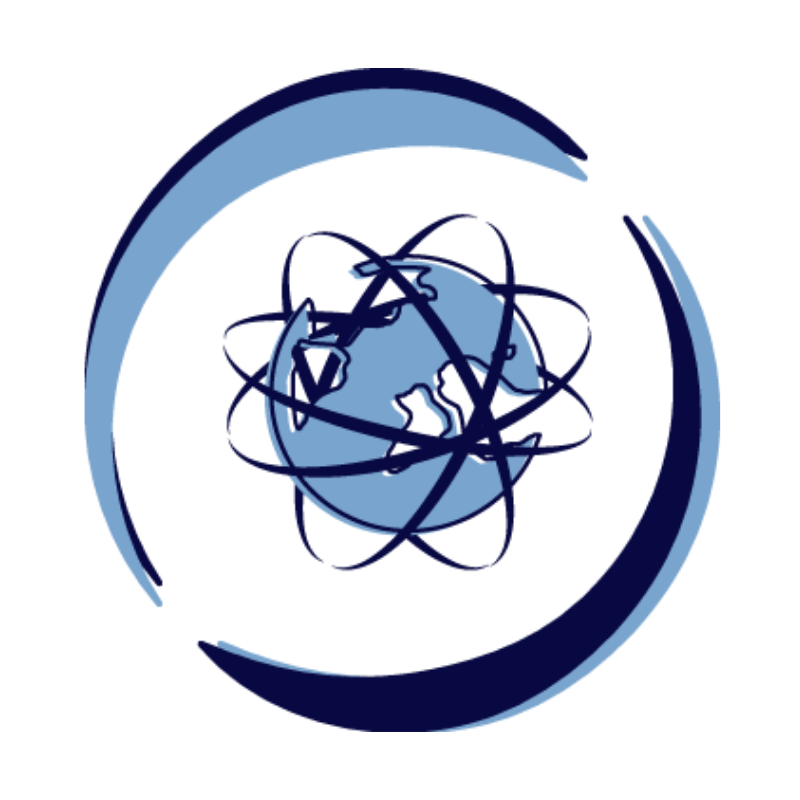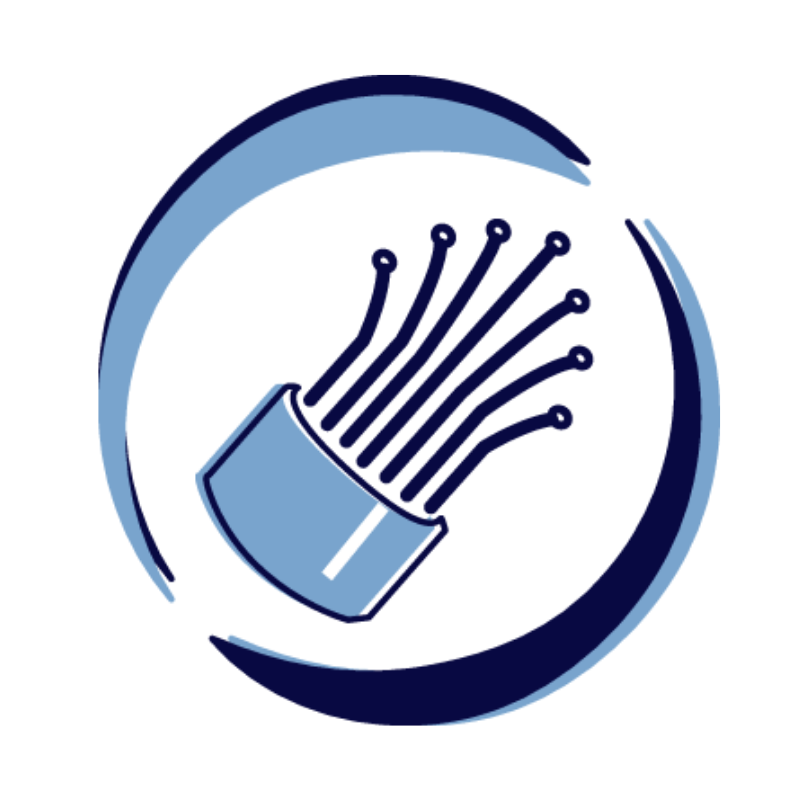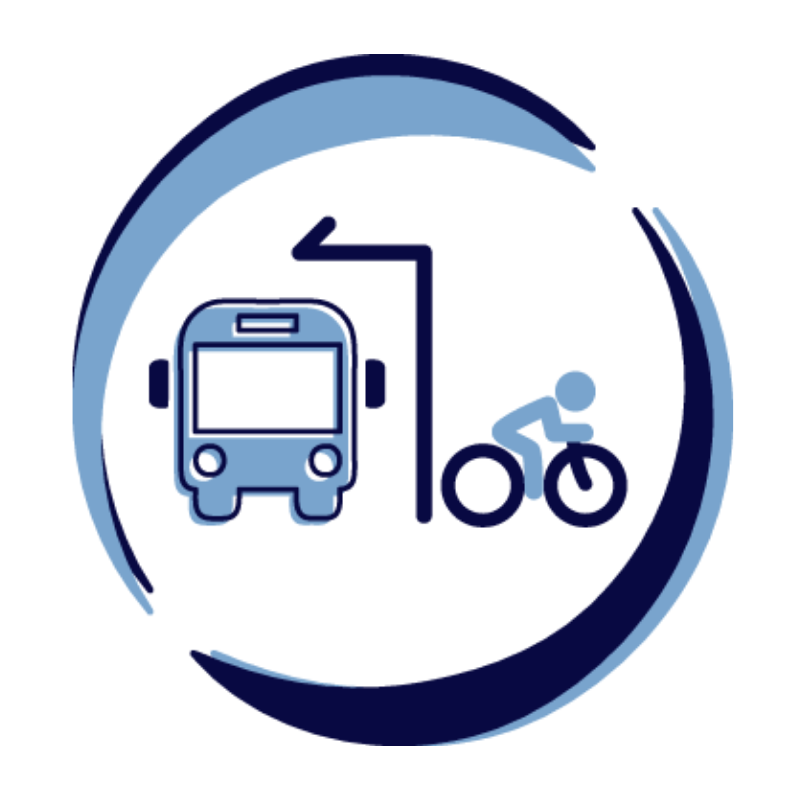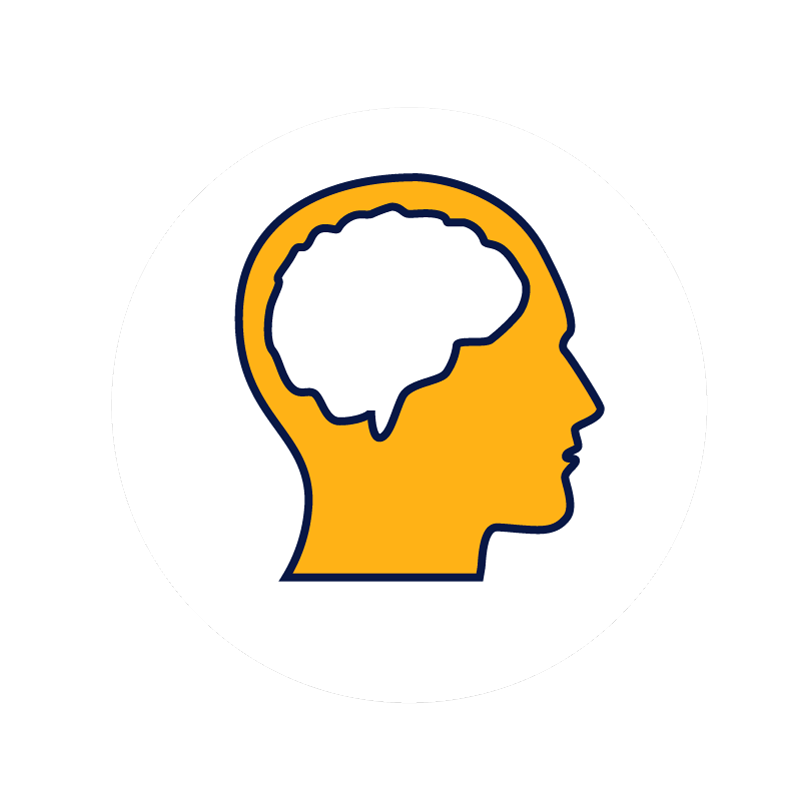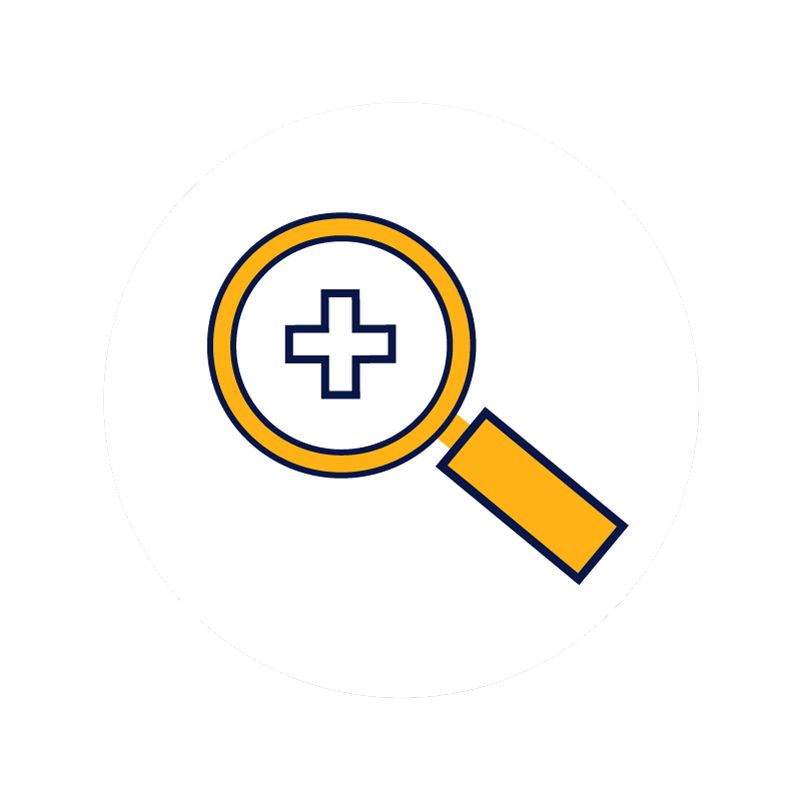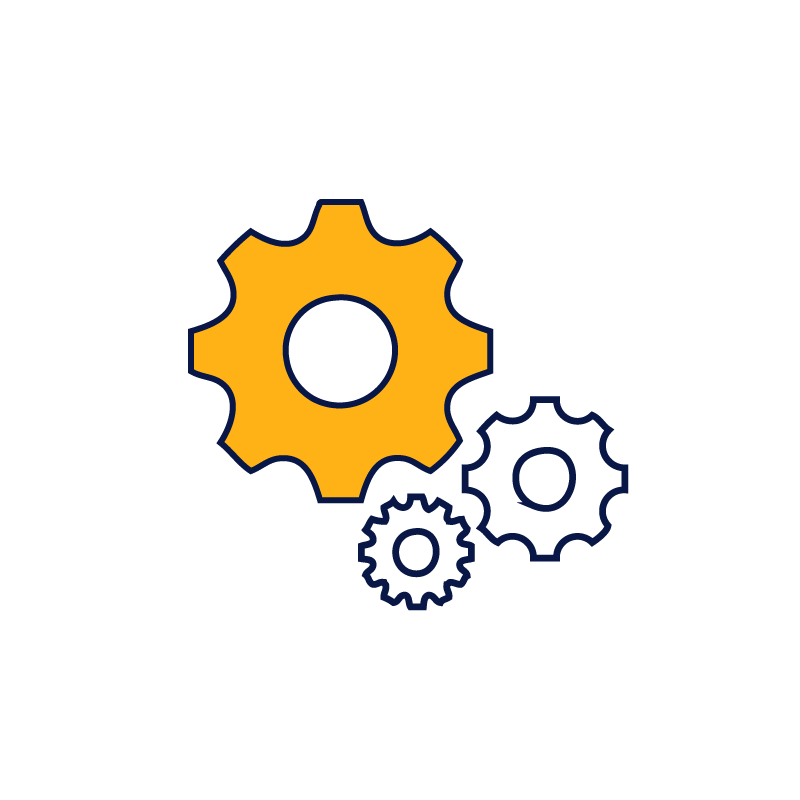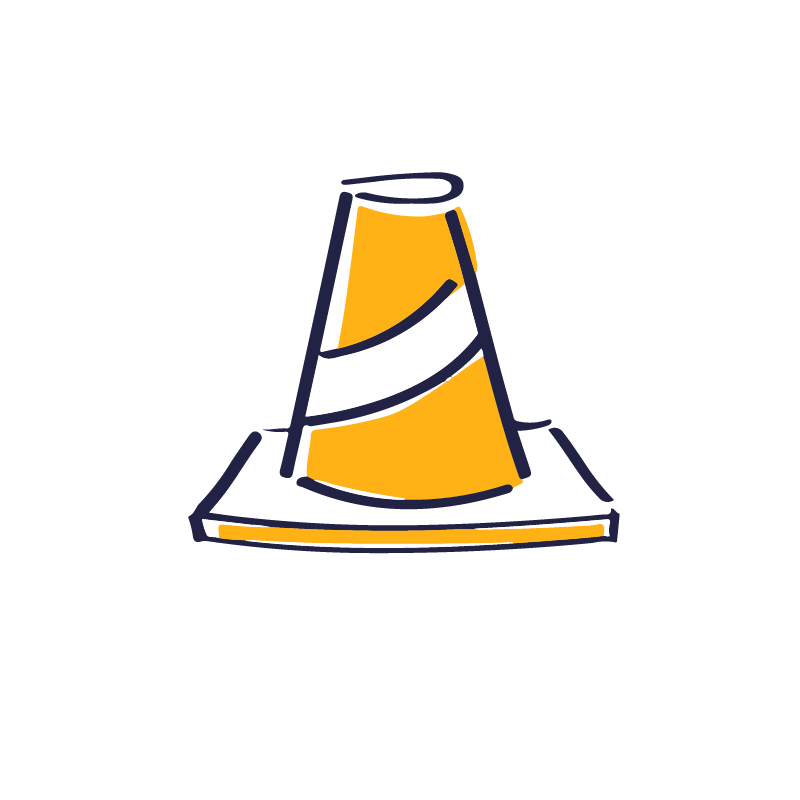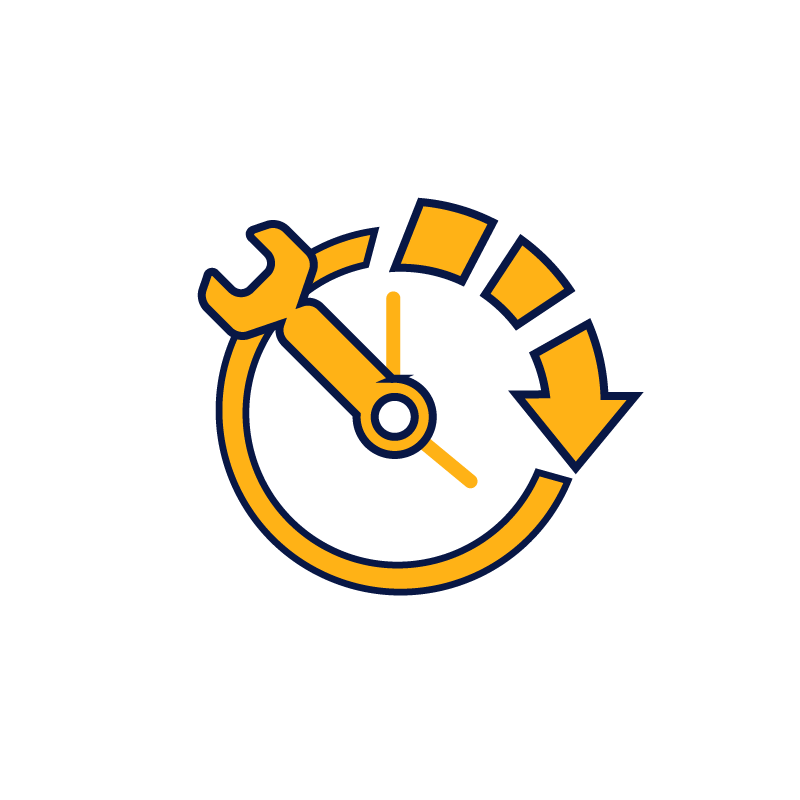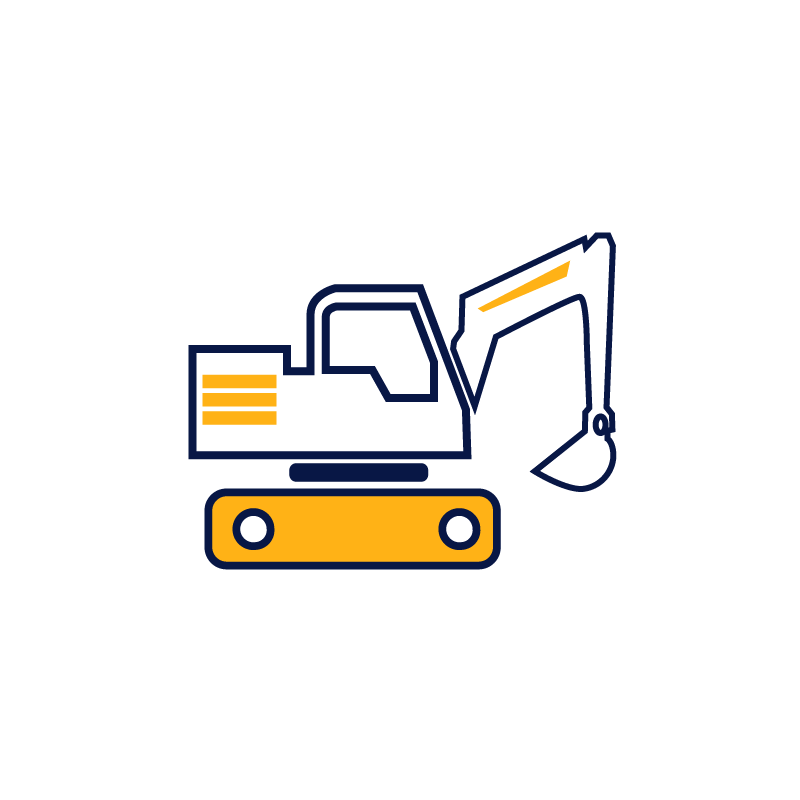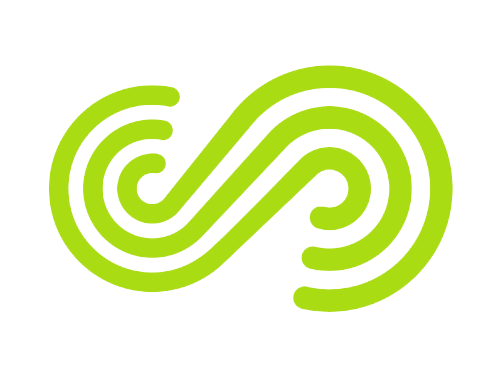 SUEZ Consulting
SUEZ Consulting
 SUEZ Consulting
SUEZ Consulting
For over 70 years, SUEZ Consulting has been providing its consulting and engineering expertise to local authorities and public entities aiming to develop their cities and regions sustainably, and to industrial clients wishing to adapt their production tools in line with the ecological and energy transition.
Together, we can design and develop responsible projects with a positive impact on our environment.
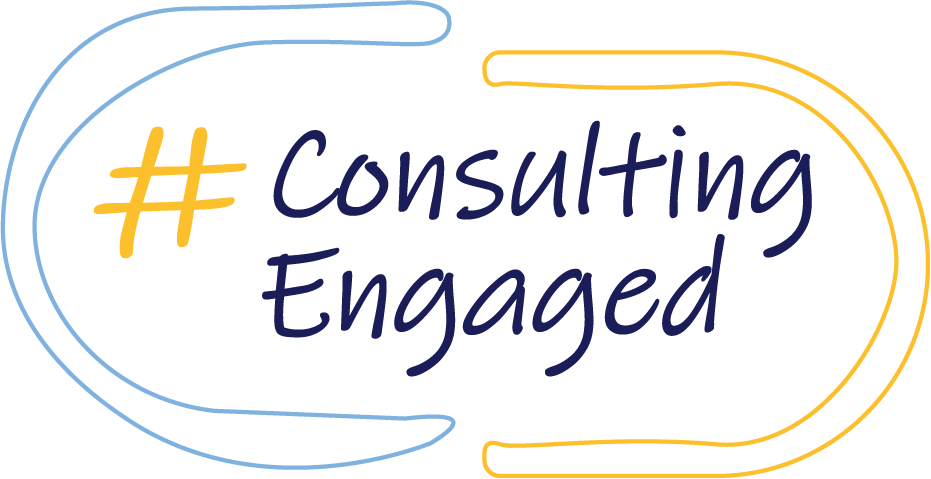
SUEZ Consulting supports its customers at every phase of their project: from the strategic stage, with strategic consultancy and technical assistance, to studies and blueprints, from design and supervision of work to decommissioning and assistance with operations, with expertise in project management, contracting authority support, auditing, and knowledge transfer through training.
Following the nationalisation of the French energy sector in 1947, SAFEGE moves into the consulting engineering business and starts work on the design of the 80 km, 200,000 m3/day Casablanca water transmission system. Now known as Société Anonyme Française d’Études, de Gestion et d’Entreprises, the company changes its name to Société Anonyme Française d’Études in 1965, before taking its present name, SAFEGE, under which it continues to grow as a designer, engineer and innovator.

The future of the Saudi capital is under threat from crippling water shortages. After scouring the desert with a team of geologists, the SAFEGE engineer, Roman Karpoff, is convinced that Riyadh is underlain by a deep fossil aquifer. Drilling in March 1956 reveals an abundant supply of water of excellent quality. Drilling is continued to a depth of 1,307 metres and pumping begins in September. At the same time, SAFEGE begins work on the design of a rail link between Riyadh and the Red Sea – already demonstrating its capability as a multidisciplinary engineering and development consultancy.

SAFEGE consolidates its home market and extends its network of offices right across the French territory. Studies for the towns of Morsang-sur-Seine, Cadarache and Aubergenville bring it international recognition as does the design of a suspension railway, a project the company is involved in for over two decades.
Towards the end of 1956, SAFEGE is commissioned by Lyonnaise des Eaux to explore the possibility of pumping 100,000 m3/day from the Aubergenville wellfield to meet growing demand in the French capital and Paris’s western suburbs. Having prepared the planning submissions, SAFEGE produces the detailed design for the pumping and transmission facilities and the project is completed nearly a year ahead of schedule.
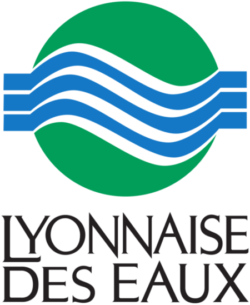
Less costly than an underground system, less space-consuming than an overground railway, the suspension railway dubbed “The Safege” is seen as the solution of the future to growing congestion in big cities. Launched in 1947, this groundbreaking project culminates in a technical achievement that captures worldwide attention and heralds SAFEGE’s future involvement in the transport and urban development sectors.
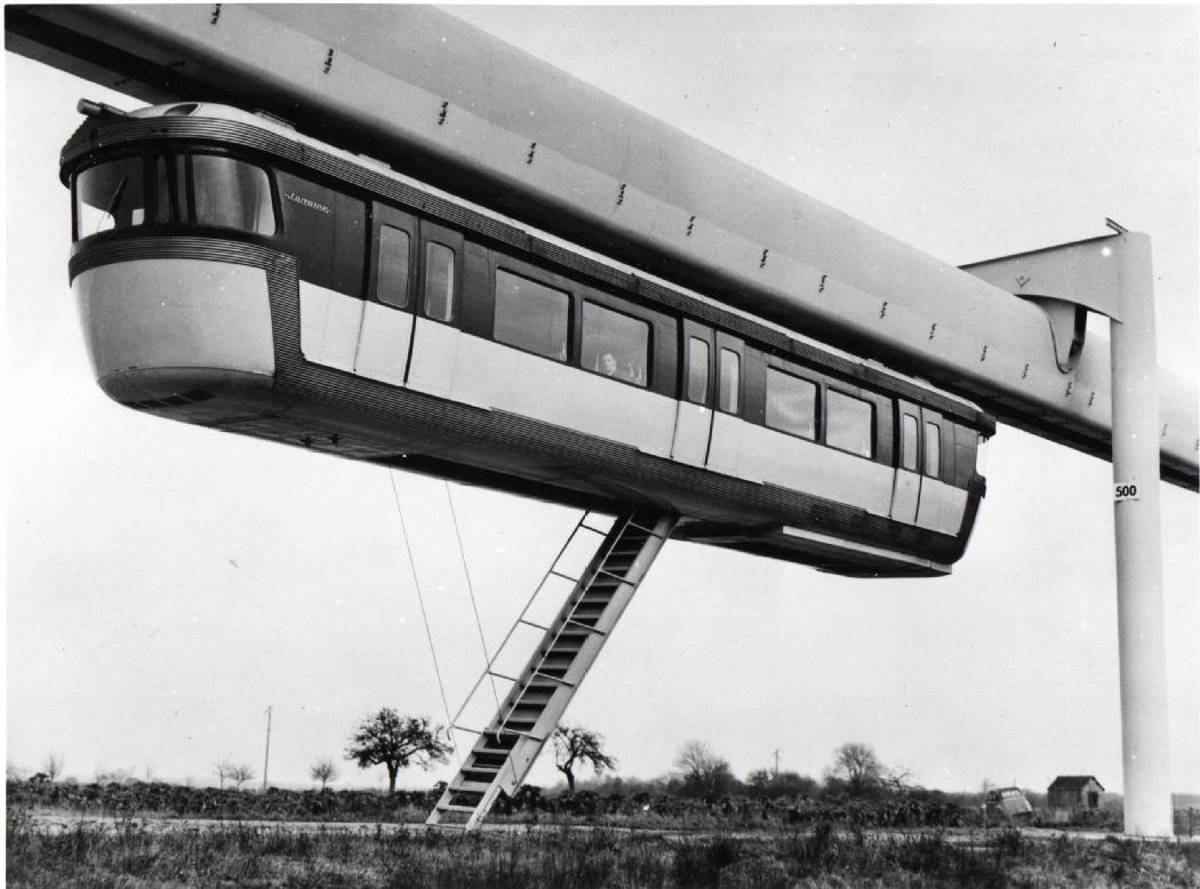
When the Disneyland Paris development falls behind schedule in 1989, Disney enlists the services of SAFEGE to get the operation back on track. SAFEGE thus has to rise to the huge challenges of taking over a project in mid-stream as well as changing requirements on the part of the client and the need to adapt to the client’s modus operandi. For that purpose a dedicated office is set up, staffed by a team of 90 high-calibre people representing 18 different nationalities. The result is that Disney is able to open its first European theme park on time.

After 1992, SAFEGE works in close collaboration with the Phnom Penh Water Supply Authority (PPWSA), for which it carries out numerous studies, project management, and design and construction supervision assignments. After rebuilding a system devastated by years of civil war and setting up a reliable customer management system, the emphasis shifts to expanding the production and treatment facilities and building the pipelines needed to improve the supply of water to a rapidly expanding capital city. With a water-sold/water-produced ratio of 93% and bill collection topping 99%, PPWSA is one of the best managed water companies in Asia.

During the ten-year period beginning in 1993, SAFEGE provides engineering services for the rehabilitation and extension of the water distribution and sewer systems of Greater Buenos Aires. The contract is one of the largest of its kind in 30 years, encompassing the feasibility studies, preliminary designs and construction supervision services for the Saavedra-Moron water tunnel (15 km-long, 3.5 m-diameter tunnel of capacity 9 m3/s, excavated at a depth of 30 m), as well as water and wastewater pumping stations, lift stations, drinking water treatment plants, a collector sewer and 1,300 km of primary and secondary water and sewer lines. An additional three million people are connected to the water and sewerage systems by the end of the project.

Following the technical assistance contract undertaken for the Delegation of the European Commission to Bosnia Herzegovina between 1998 and 2001, SAFEGE oversees the work to rebuild a number of public buildings in Sarajevo, including the rehabilitation of the National Museum of Bosnia and Herzegovina, the construction of the State border service headquarters and the restoration of the Novi Grad Town Hall, BiH Assembly building, the Vijecnica and the Court of BIH.

Marine, coastal, harbour and estuary modelling for the benefit of the environment
In 2007, through its subsidiary Actimar, SAFEGE branches out into the field of operational oceanography, an innovative discipline whose purpose is to provide real-time information on ocean conditions for a very diverse mix of clients, ranging from oil and gas companies, marine renewable energy companies, and ferry operators and shipping companies.

SIEA, the energy and e-communications authority for the Ain département, awards SAFEGE its first major superfast broadband contract in 2007: a comprehensive design and supervision assignment to rollout out its Li@in network to the western half of the département, and involving the construction of the fibre trunk lines, expansion of the network to cover new communes and the installation of the active transmisssion equipment. The outcome: superfast broadband for 419 communes!
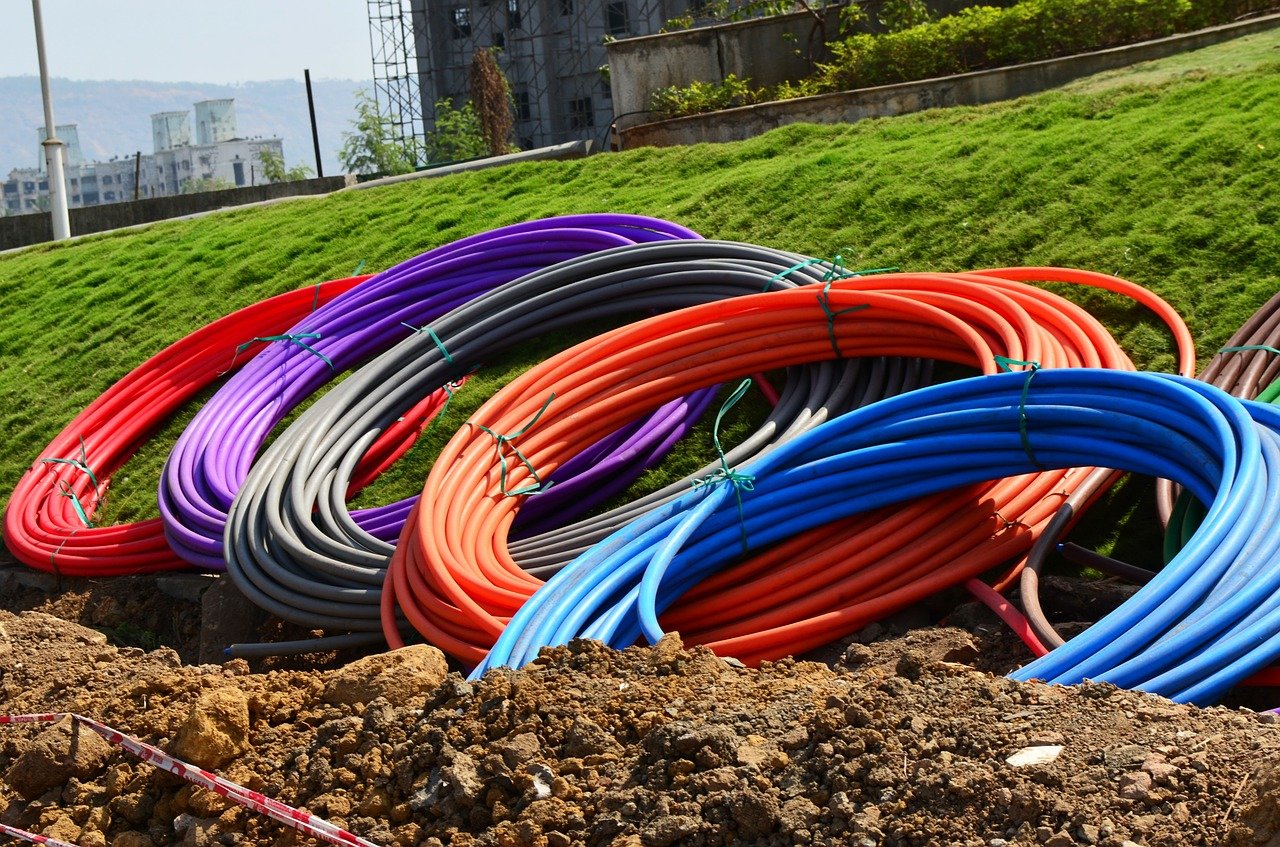
The Greater Tours area has a population of roughly 300,000. The project involves the construction of the first line of a new tram system for the conurbation, running in a north-south direction and serving 29 stations along its 15.5 km length and some 50,000 passengers per day. Classified as a “City of Art and History”, Tours has the most extensive conservation area in France and is listed as a UNESCO World Heritage Site, centred around the Loire which bisects the city. SAFEGE, heading up the Infrastructure and Structures Unit, provides comprehensive design and construction supervision services and carries out the bulk of the statutory studies including the environmental impact assessments, studies required under the French Water Act and compulsory purchase procedures.

The 22 km Système Ouest water transfer system is designed to supply water to the Setif area for drinking water and irrigation purposes. The main components of the system are the Mahouane dam and transfer system from the existing Ighil Emda dam. SAFEGE prepares the detailed designs, provides technical assistance and supervises the construction of the Est (60 km) et Ouest (22 km) transfer systems.
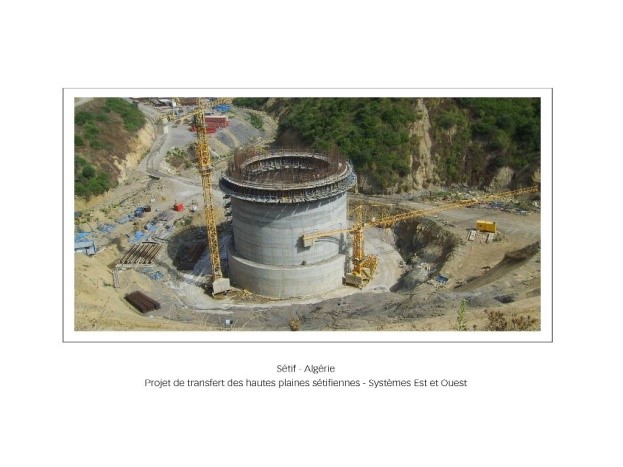
SAFEGE acquires all shares in EXPLICIT, following an initial partnership agreement signed in July 2010. The move reinforces SUEZ Consulting’s expertise when it comes to enhancing energy efficiency, developing renewable energy sources and adaptating to climate change, areas in which EXPLICIT has a 20 year-long track record!

The SUEZ Environnement Group, which SAFEGE is part of, rolls out its “Single Brand” architecture. Our multidisciplinary engineering and consulting activities become SUEZ’s consulting business. This single brand, the product of more than 150 years of shared history, is designed to meet the expectations of our stakeholders and partners and of our clients, public and private alike. SUEZ’s mission is to provide effective support to cities and industry in meeting the new challenges associated with managing resources sustainably.

In 2017, SUEZ Consulting signed a study contract for infrastructure projects – the largest technical assistance contract ever secured by Consulting. The Group ensures the preparation of infrastructure projects in the water, transport and energy sectors for the Western Balkans (Albania, Bosnia-Herzegovina, Kosovo, Macedonia, Montenegro, Serbia) to accompany them in their economic and social development.

Through four framework contracts with the European Union, consortiums led by SUEZ Consulting have carried out over 600 missions in 80 countries, providing services with a total value of more than 60 million euros. SUEZ Consulting works closely with European and international financial institutions (European Union, European Investment Bank, French Development Agency, Asian Infrastructure Investment Bank) on the preparation and implementation of their development support to projects.

SUEZ Consulting Poland received “Best Quality Employer 2019” certification, which rewards companies that promote the creation of secure, stable jobs while supporting the professional development of their staff. Particular attention was given to recruitment following internships, and our teams are proud of training young talents and contributing to their professional evolution. The diversity of our activities and our wide range of innovative projects enable everyone to find a role and fulfil their potential at SUEZ Consulting.

Our ambitious Corporate Social Responsibility Pact represents a key stage in the company’s transformation. With seven major commitments, it meets a common goal: to develop environmental, ethical, social and governance-focused priorities at every level of the company, for all our customers and across all regions. These commitments reflect our identity, who we are, and what we aspire to in the future.

Our ambitious Corporate Social Responsibility Pact represents a key stage in the company’s transformation. With seven major commitments, it meets a common goal: to develop environmental, ethical, social and governance-focused priorities at every level of the company, for all our customers and across all regions. These commitments reflect our identity, who we are, and what we aspire to in the future.
